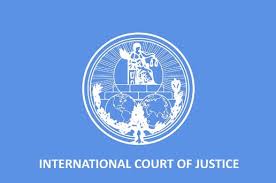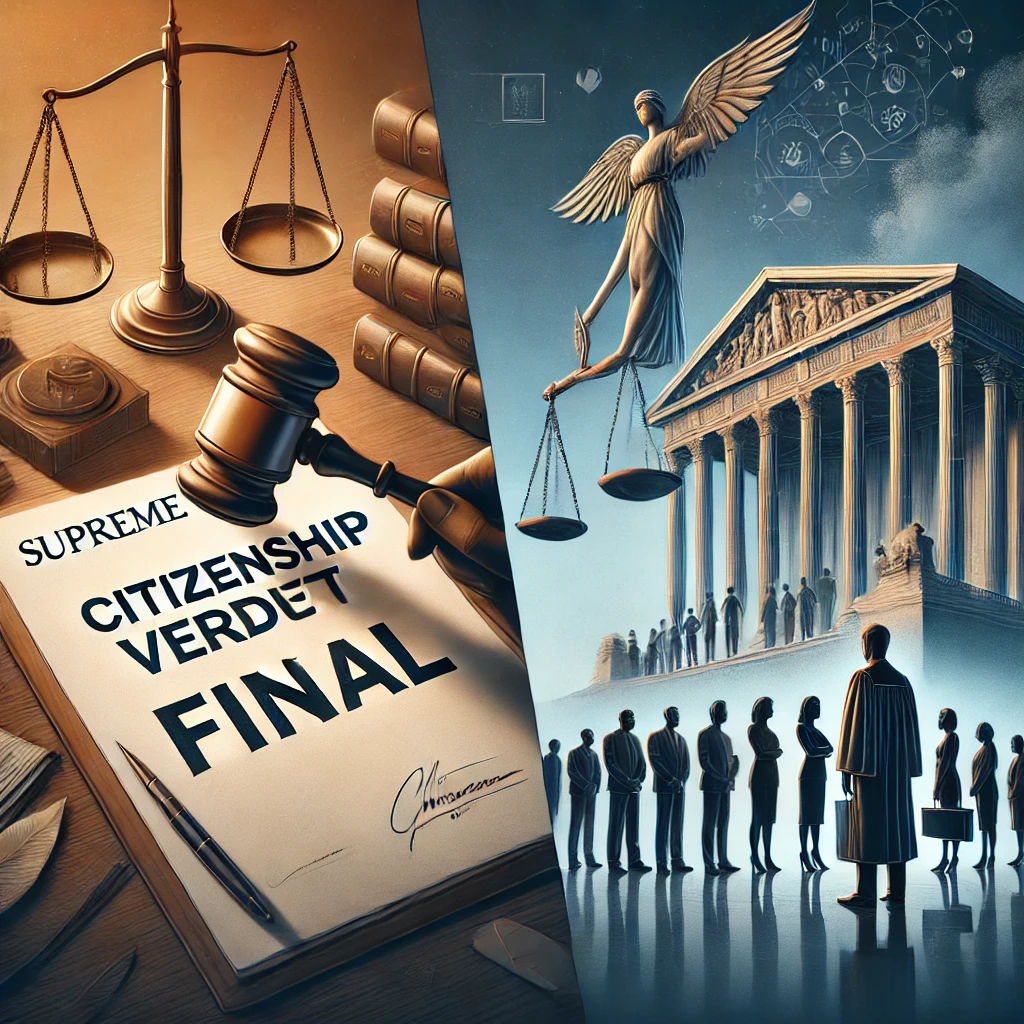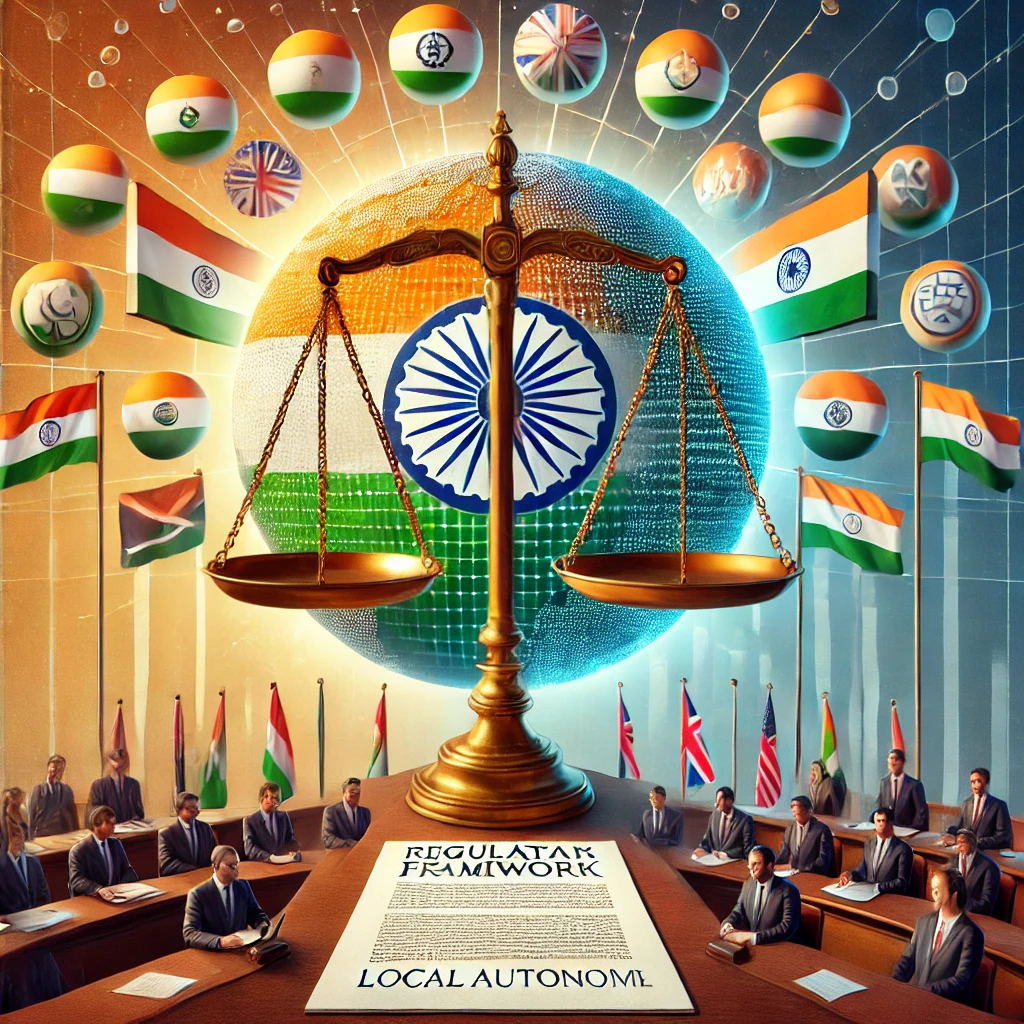International Law: Definition, Nature, Theories and Development
1. Definition of International Law
International Law refers to the set of rules, norms, and standards generally accepted in relations between nations. It governs the conduct of states and other international actors in their interactions with each other.
Oppenheim’s Definition: “International law is the body of rules which regulates the intercourse of states in their international relations.”
Ian Brownlie’s Definition: “International law is a body of rules which binds states and other agents in world politics in their relations with one another.”
It covers issues such as treaties, diplomacy, human rights, war, trade, and the environment.
2. Nature of International Law
Voluntary and Consent-Based: Unlike domestic law, international law primarily depends on the consent of sovereign states. States agree to be bound by international law through treaties, customs, or general principles.
Lack of Central Enforcement: There is no overarching international police or enforcement agency with coercive power comparable to national governments. Enforcement depends on state cooperation, international organizations, or collective measures.
Primarily Between States: Traditionally, international law governs relations between states, but increasingly it applies to individuals, international organizations, corporations, and non-state actors.
Dynamic and Evolving: It adapts to changes in international relations, politics, technology, and societal norms.
Based on Sovereignty: Sovereign equality of states is a fundamental principle; all states have equal rights under international law regardless of size or power.
3. Theories of International Law
Several theories attempt to explain the nature, source, and purpose of international law:
a. Natural Law Theory
International law is based on universal moral principles and justice that are inherent in human nature.
It suggests law exists independently of state consent.
Example: Principles of justice and human rights are part of natural law.
b. Positivist Theory
Emphasizes the consent of states as the basis of international law.
Law is what states agree to be bound by, such as treaties or customs.
Rejects the idea that law depends on morality.
Famous proponent: John Austin, Hans Kelsen (pure theory of law).
c. Realist Theory
Views international law as weak and often ignored by powerful states.
States act primarily in their self-interest and power politics override legal norms.
Law is a tool used by states for political purposes.
d. Sociological Theory
International law is a social phenomenon arising from the needs of society.
Focus on the effectiveness and social utility of law rather than formal consent or morality.
e. Marxist Theory
Sees international law as a reflection of capitalist interests and imperialism.
Law serves the ruling classes or powerful states at the expense of weaker ones.
4. Development of International Law
Early Development:
Ancient treaties and alliances in Mesopotamia, Greece, and Rome.
Canon law and medieval practices shaped some early concepts.
The Peace of Westphalia (1648) marked the beginning of the modern state system and sovereignty.
19th Century:
Formal codification and recognition of international law grew.
Rise of diplomatic law, laws of war, and the establishment of international arbitration.
Treaties like the Geneva Conventions (1864) laid the groundwork for humanitarian law.
20th Century:
Formation of the League of Nations (1919), followed by the United Nations (1945).
Growth in human rights law, international criminal law (e.g., Nuremberg Trials).
Development of treaties regulating oceans, airspace, trade (GATT/WTO), and environmental law.
Increasing role of international organizations (UN, WTO, ICC).
Contemporary Era:
Expansion to include non-state actors and individuals.
Emergence of new fields such as cyber law, space law, and global environmental law.
Greater emphasis on enforcement mechanisms and international courts.
Summary Table
| Aspect | Description |
|---|---|
| Definition | Rules governing relations between states and international actors |
| Nature | Consent-based, no central enforcement, sovereign equality |
| Theories | Natural Law, Positivist, Realist, Sociological, Marxist |
| Development | From early treaties to modern international organizations and specialized laws |
Do write to us if you need any further assistance.












comments